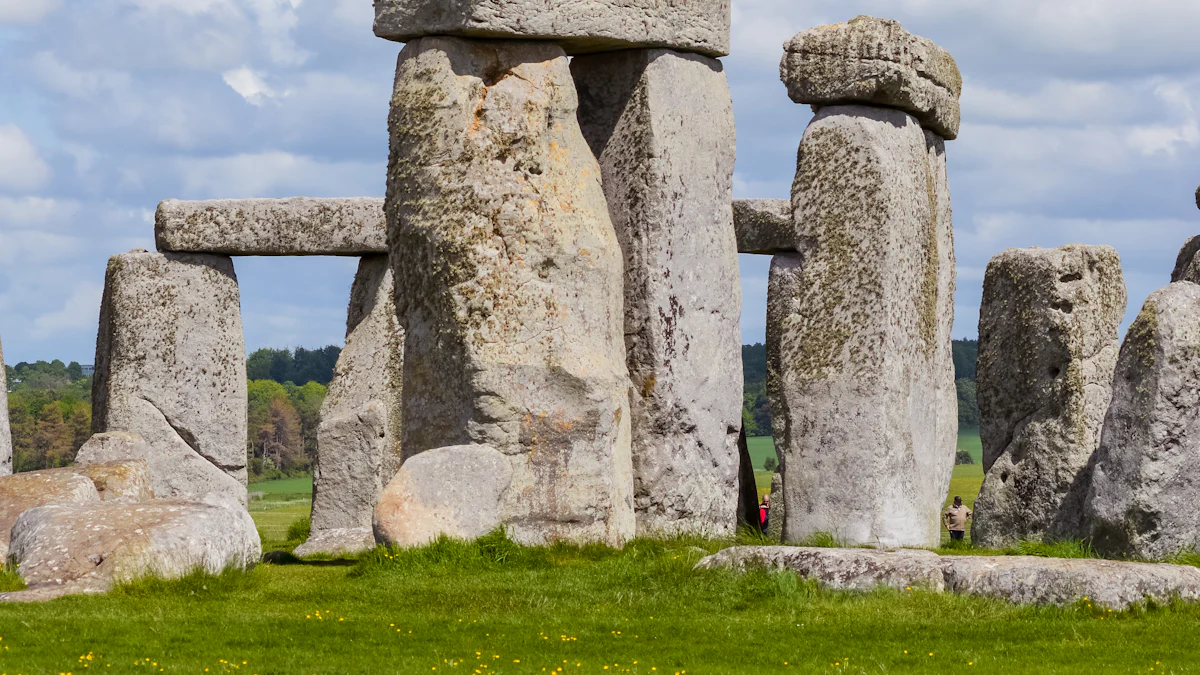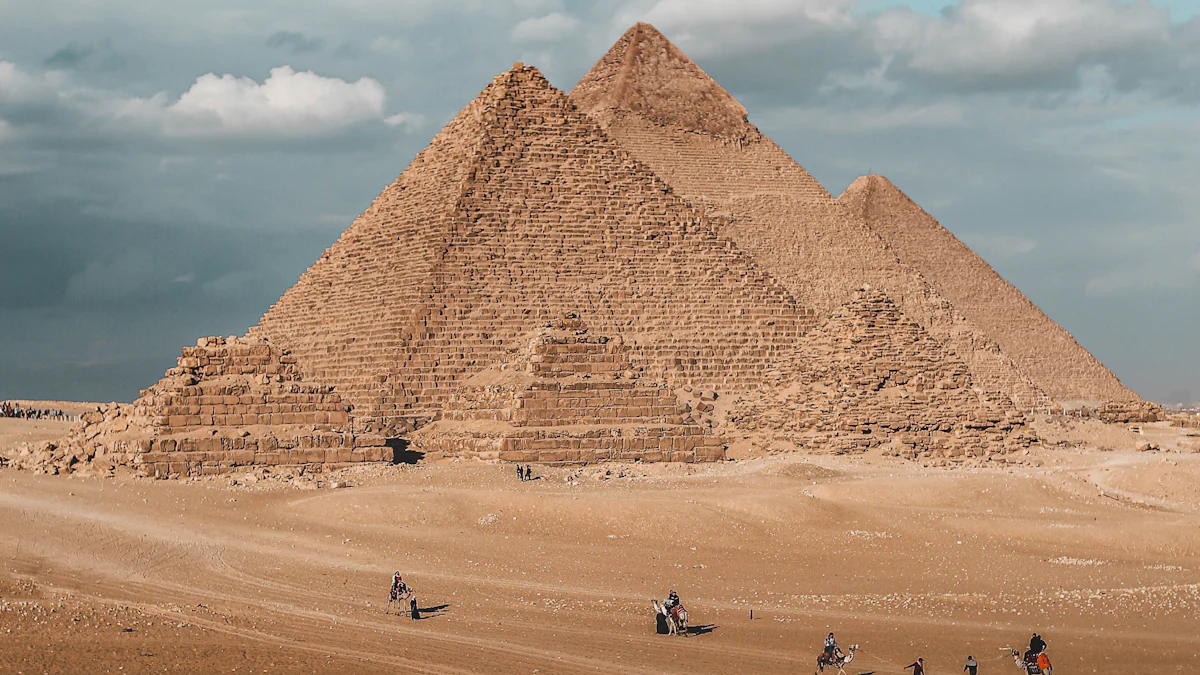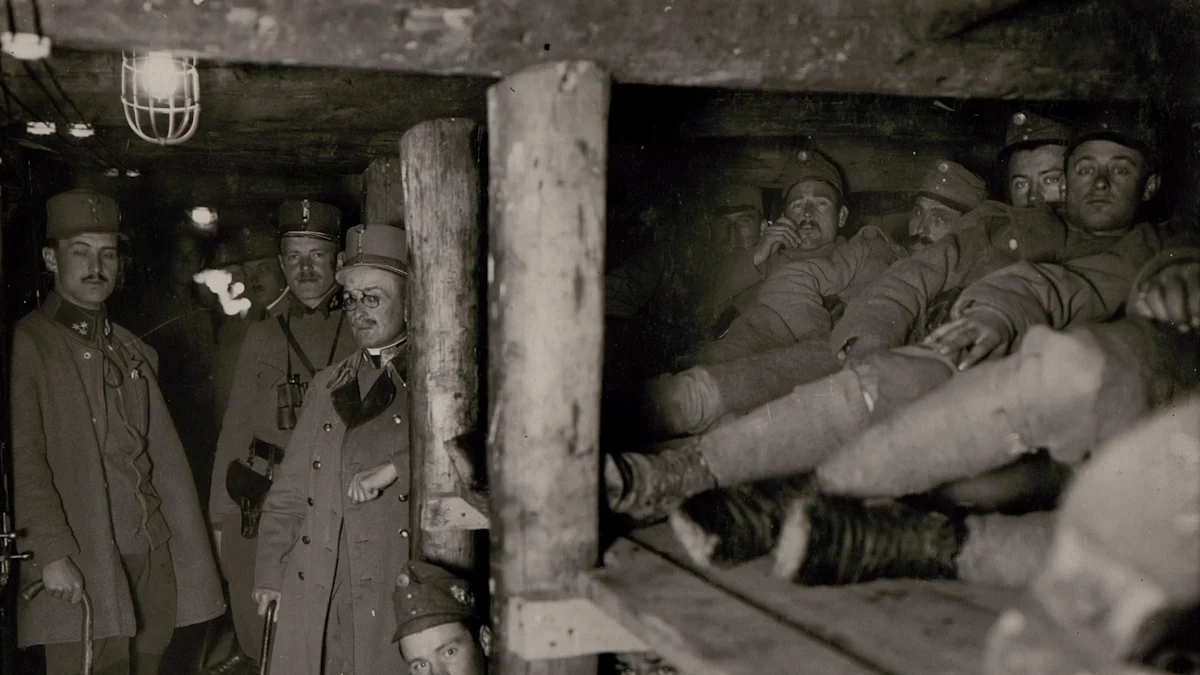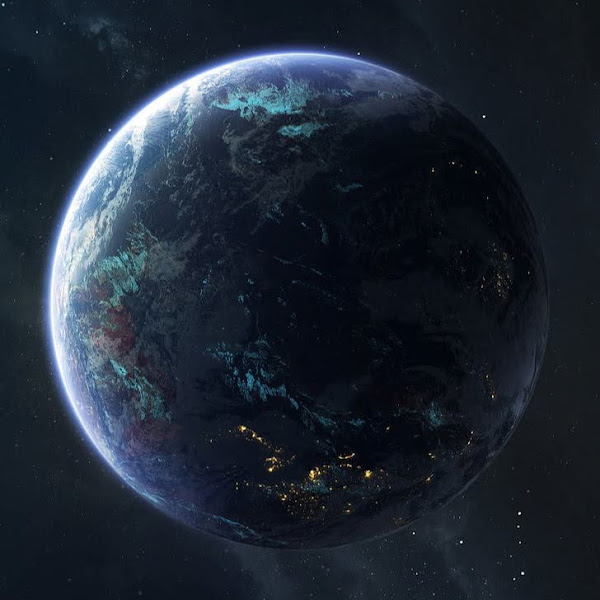History Year by Year

The exploration of history through a chronological timeline offers a unique perspective on the past. This approach allows individuals to see how events unfold over time, providing a clear view of patterns and influences. Each day in history holds significance, revealing how societies evolved. A calendar serves as a tool to organize these events, making it easier to choose a year and explore its happenings. By entering a year into this historical calendar, one can uncover the stories of that day and understand the broader context. This method enriches knowledge and appreciation of historical events.
Ancient History
Prehistoric Times
Development of Early Tools

Early humans crafted tools from stone, bone, and wood. These tools aided in hunting and gathering. The use of fire marked a significant advancement. Fire provided warmth and protection. It also allowed for cooking food. This period laid the foundation for future technological progress.
Rise of Early Human Societies
Humans began forming small communities. These groups relied on cooperation for survival. Agriculture emerged as a key development. Farming allowed for stable food supplies. Settlements grew near fertile lands. This shift marked the beginning of organized societies.
Early Civilizations
Mesopotamia: The Cradle of Civilization
Mesopotamia developed between the Tigris and Euphrates rivers. This region saw the rise of city-states. Writing systems like cuneiform emerged here. Mesopotamians built impressive structures, including ziggurats. The Bronze Age saw humans settle in this area. Mesopotamia influenced later cultures through trade and innovation.
Ancient Egypt: The Age of Pharaohs

Ancient Egypt flourished along the Nile River. Pharaohs ruled as god-kings. Egyptians constructed monumental pyramids. Hieroglyphics served as their writing system. The civilization excelled in art and architecture. The Nile's predictable flooding supported agriculture. This stability allowed Egypt to thrive for centuries.
Classical Antiquity
Greece: Birth of Democracy
Ancient Greece laid the foundation for democracy. City-states like Athens pioneered this system. Greeks contributed to philosophy and mathematics. Drama and poetry flourished during this era. Greek culture influenced Western civilization profoundly. The timeline of events affecting Greece remains significant in history.
Rome: Expansion and Empire
Rome expanded its influence across Europe and beyond. The Roman Empire developed a codified legal system. Romans excelled in architecture and engineering. Roads connected vast territories. Christianity spread throughout the empire. Rome's legacy shaped political power and cultural history.
Middle Ages
Early Middle Ages
Fall of Rome: A New Era Begins
The fall of Rome marked a significant turning point in history. The Western Roman Empire collapsed in 476 AD, leading to a power vacuum in Europe. Germanic tribes, such as the Visigoths and Ostrogoths, took control of former Roman territories. This period saw the decline of urban centers and trade networks. The loss of centralized authority led to the fragmentation of Europe into smaller kingdoms. The fall of Rome set the stage for the development of medieval societies.
Rise of Islam: A New Religion
Islam emerged as a major force in the early Middle Ages. The prophet Muhammad founded Islam in the 7th century in the Arabian Peninsula. Islamic armies expanded rapidly across the Middle East, North Africa, and parts of Europe. The spread of Islam introduced new cultural and scientific advancements. Islamic scholars preserved and built upon ancient Greek and Roman knowledge. The rise of Islam reshaped the religious and political landscape of the medieval world.
High Middle Ages
Crusades: Religious Wars
The Crusades were a series of religious wars initiated by the Catholic Church. These wars aimed to reclaim the Holy Land from Muslim control. The First Crusade began in 1096 and resulted in the capture of Jerusalem. Crusaders established several Christian states in the Middle East. The Crusades had a profound impact on European society. Increased contact with the East led to cultural exchanges and the revival of trade routes. The Crusades also strengthened the power of the Catholic Church.
Feudalism: A New Social Order
Feudalism became the dominant social structure in medieval Europe. Landowners, known as lords, granted land to vassals in exchange for military service. Peasants worked the land and provided food for the feudal hierarchy. Feudalism created a rigid class system with limited social mobility. This system provided stability in a time of frequent warfare and political instability. Feudalism shaped the economic and social fabric of medieval society.
Late Middle Ages
Black Death: A Pandemic
The Black Death was a devastating pandemic that struck Europe in the 14th century. The disease, caused by the bacterium Yersinia pestis, spread rapidly across the continent. The Black Death killed an estimated one-third of Europe's population. The pandemic led to widespread social and economic upheaval. Labor shortages increased wages for surviving workers. The Black Death weakened the influence of the Catholic Church as people questioned their faith.
Hundred Years' War: A Prolonged Conflict
The Hundred Years' War was a prolonged conflict between England and France. The war began in 1337 over territorial disputes and claims to the French throne. Major battles included the Battle of Crécy and the Battle of Agincourt. The war saw the rise of new military technologies, such as the longbow. The conflict ended in 1453 with the French victory at the Battle of Castillon. The Hundred Years' War marked the end of medieval warfare and the beginning of the Renaissance.
Modern History

Early Modern Period
Renaissance: Rebirth of Art and Science
The Renaissance marked a significant cultural transition in Europe. Artists and thinkers embraced humanism and individualism. This period saw remarkable advancements in art, science, and literature. Leonardo da Vinci and Michelangelo created masterpieces that continue to inspire. The Renaissance laid the groundwork for modern thought and innovation.
Reformation: Religious Transformation
The Protestant Reformation redefined Christianity. Martin Luther challenged the Catholic Church's practices. This movement led to the establishment of Protestant churches. The Reformation encouraged religious diversity and debate. Society experienced profound changes in faith and governance.
18th Century
Enlightenment: Age of Reason
The Enlightenment was an intellectual movement that reshaped politics and science. Thinkers like Voltaire and John Locke promoted reason and individual rights. Enlightenment ideas influenced revolutions and democratic principles. Scientific exploration flourished during this period. The Enlightenment paved the way for modern democracy and scientific inquiry.
American Revolution: Birth of a Nation
The American Revolution marked the birth of the United States. Colonists sought independence from British rule. Key events included the Declaration of Independence in 1776. The revolution inspired other nations to pursue freedom. The United States established a new government based on liberty and justice.
19th Century
Industrial Revolution: Technological Progress
The Industrial Revolution transformed societies from rural to urban. Factories and machinery revolutionized production. Innovations in transportation and communication emerged. Urbanization led to significant social and economic changes. The Industrial Revolution shaped modern industry and technology.
Civil War: A Nation Divided
The Civil War divided the United States over slavery and states' rights. The conflict began in 1861 and lasted until 1865. President Abraham Lincoln played a crucial role in preserving the Union. The war ended slavery and redefined national identity. The Civil War remains a pivotal chapter in American history.
Contemporary History
20th Century
World Wars: Global Conflicts
World War I began in 1914 and ended in 1918. The conflict involved many nations and caused significant destruction. New weapons and tactics changed warfare forever. The Treaty of Versailles concluded the war and reshaped Europe.
World War II started in 1939 and ended in 1945. Adolf Hitler's rise to power in Germany led to widespread aggression. The Holocaust marked a tragic chapter in human history. The Allied victory brought about the United Nations' formation.
Cold War: Ideological Struggle
The Cold War emerged after World War II. The United States and the Soviet Union became superpowers. An arms race and space race characterized this period. Nuclear weapons posed a constant threat. The Berlin Wall symbolized the division between East and West.
21st Century
Technological Advancements: Digital Age
The 21st century witnessed rapid technological growth. The internet revolutionized communication and information access. Smartphones became essential tools for daily life. Social media platforms connected people globally. Advances in artificial intelligence transformed industries.
Globalization: A Connected World
Globalization increased economic and cultural exchanges. Trade agreements facilitated international commerce. Travel and migration shaped diverse societies. Environmental challenges required global cooperation. Natural disasters highlighted the need for sustainable solutions.
News Reports:
Jazz journalism in the 1920s brought sensational stories.
Severe weather events linked to climate change impacted history.
Captivating images and news briefs covered critical events.
Iconic events in American history streamed across screens.
Current Events
Recent Developments
Political Changes
Current Events shape the political landscape globally. Each Week, governments make critical decisions that impact societies. New policies address pressing issues like Fiscal Policy and Economic growth. Political shifts influence GDP and trade agreements. Leaders focus on reducing Infant Mortality Rates Worldwide. The World watches as nations navigate complex challenges.
News Reports:
Bold headlines capture attention.
Government decisions affect millions.
Political changes often lead to Celebrations or protests.
Political transformations occur frequently. February saw significant Elections in several countries. July marked the introduction of new environmental policies. These Events highlight the dynamic nature of global politics.
Environmental Challenges
Environmental challenges dominate Current Events This Week. Natural Disasters like hurricanes and wildfires devastate communities. Climate change increases the frequency of such Disasters. Scientists study these patterns to find solutions. Science and Technology play crucial roles in addressing environmental issues.
Key Components:
Research focuses on sustainable practices.
Technology advancements aid in disaster response.
Collaboration among nations is essential.
The World faces urgent environmental concerns. The past Decade witnessed rising sea levels and extreme weather. Efforts to combat climate change require global cooperation. The Meaning of sustainability becomes clearer as challenges grow.
Quizzes and Learning:
Engage with the Ultimate Essay Writing Quiz to explore environmental topics.
Test knowledge with the Ultimate Geometry Quiz on natural structures.
Current Events This Week emphasize the need for action. Awareness and education drive positive change. The List of environmental initiatives continues to expand. The journey towards a sustainable future involves everyone.
Historical events shape the present and influence the future. Each event leaves a mark on society. The Age of Enlightenment introduced new ideas that continue to impact modern life. Understanding history provides insights into current events. History reveals patterns and connections across time. Exploring history enriches knowledge and fosters informed perspectives. Readers gain valuable context for today's challenges by studying the past. History serves as a guide for navigating the complexities of the modern world.
See Also
Civilization to Present: A Historical Journey
Visual Encyclopedia of U.S. History

